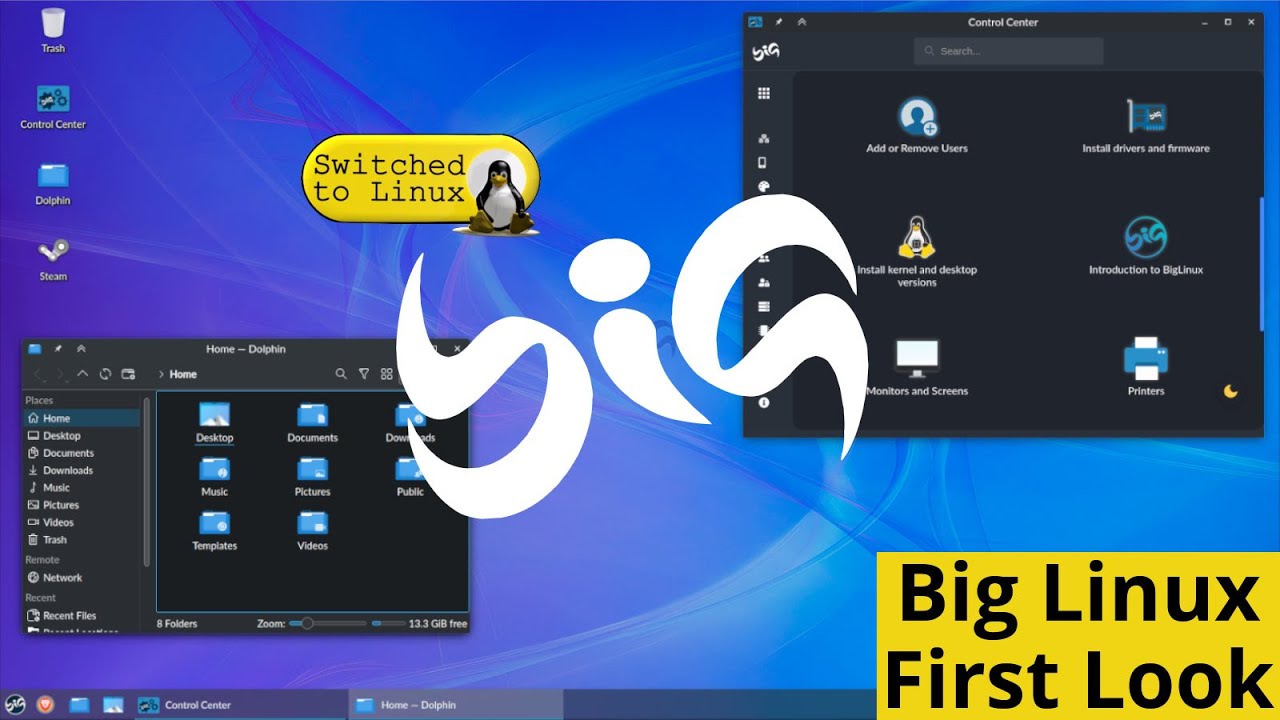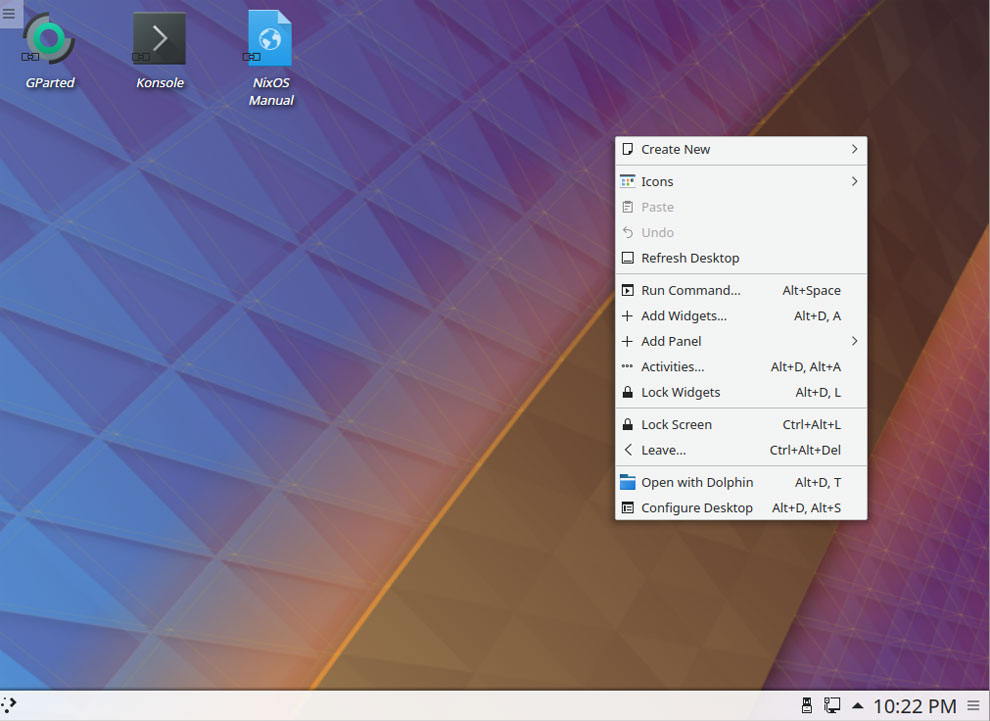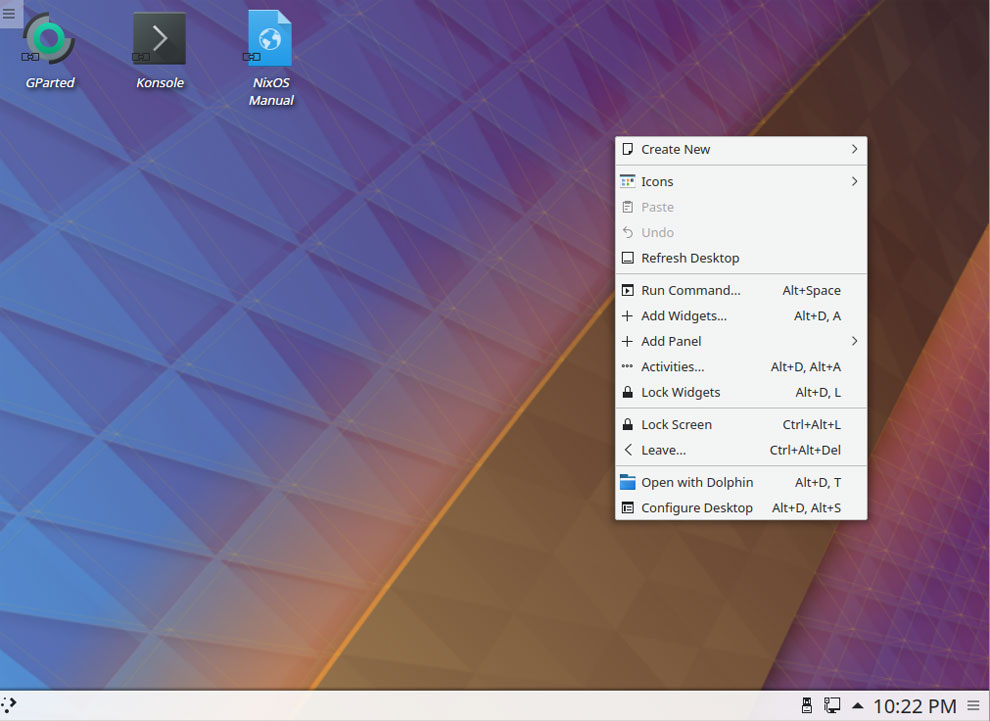
The Least Deadly Linux Commands: A Survival Guide
Linux, the land of penguins and terminal wizards, is a place where one wrong command can send your system into a tailspin. But fear not, dear readers, for we are here to guide you through the treacherous waters of Linux commands, steering you clear of the most perilous pitfalls.
The Not-So-Deadly Commands
rm-rf
Let’s start with the infamous rm -rf /. This command, when wielded carelessly, can obliterate your precious files faster than you can say ‘sudo’. Remember, with great power comes great responsibility. Unless you’re feeling particularly adventurous, it’s best to steer clear of this one.
echo b
Need a quick system reboot? Look no further than echo b > /proc/sysrq-trigger. Just kidding! Unless you enjoy chaos and system crashes, this command is best left untouched. Remember, a stable system is a happy system.
cat /dev/null > file
Ah, the classic cat /dev/null > file. While redirecting command output can be handy, one wrong move here could spell disaster for your system files. Proceed with caution, or risk a date with irrecoverable system damage.
crontab -r
Automation is the name of the game with crontab -r. But beware, one slip of the finger and all your scheduled tasks could vanish into the digital abyss. Backup your crontabs, folks, unless you enjoy living life on the edge.
Other Not-So-Deadly Commands
Chmod -R 777 /
Fork Bomb command - : () { : | :& }; : history | shgunzip untrusted.gz
mv directory /dev/null
Embrace the Linux Way
In the vast landscape of Linux commands, it’s easy to get lost in the sea of possibilities. Remember, with great power comes great potential for catastrophic failure. So, tread lightly, dear readers, and may your Linux journey be filled with safe commands and error-free code.
Stay safe, stay Linux savvy!















